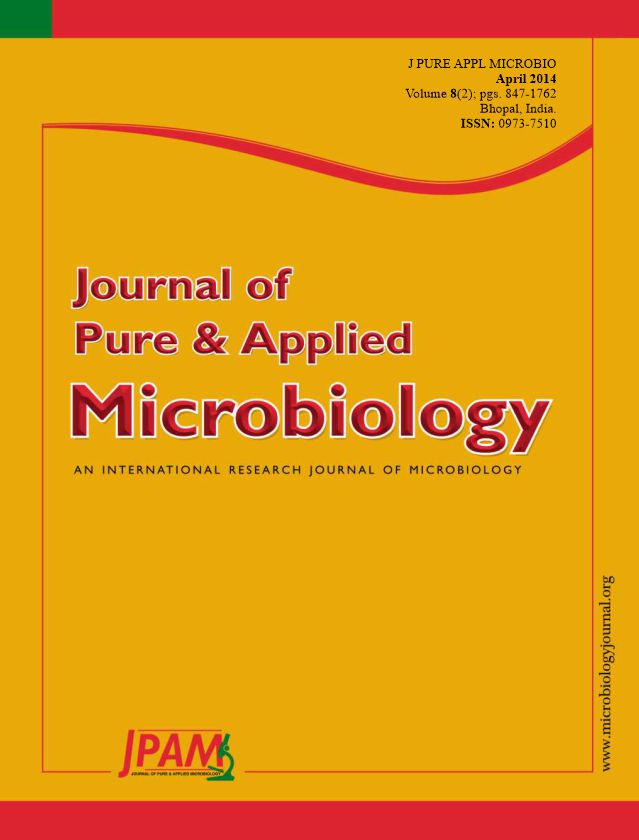Endophytic fungi are known as excellent producers of bioactive natural products. An endophytic Phoma sp. fungus isolated from the medicinal plant Cinnamomum molissimum in Malaysia was found to produce several polyketide compounds including 5-hydroxyramulosin, a potent antifungal and cytotoxic compound with unknown biosynthetic pathways. The diversity of type I polyketide synthase (PKS) genes in this fungus was evaluated with a PCR-based approach using eight degenerate primer pairs targeting the ketosynthase (KS) and ketosynthase-acyltransferase (KS-AT) interdomain. Following amplification, 11 distinct putative PKS gene fragments were cloned and sequenced. Phylogenetic analysis of the PKS amino acid sequences revealed the biosynthesis potential for a wide range of polyketide compounds, including reduced, partially reduced and non-reduced polyketides. The PKS genes identified include one for the synthesis of tetrahydroxynaphthalene, and two apparently novel genes which differ from presently known PKS genes. These results demonstrate that PKS genes in the endophytic bioactive Phoma sp. are diverse and this isolate has the genomic capacity for producing more than ten different polyketide compounds including possibly unique compounds. The degenerate PCR approach was found to be a valuable method for determining the diversity of PKS genes and could be used to screen fungi with potential for producing bioactive compounds.
Endophytic fungi, natural products, PKS genes, Phoma sp., Cinnamomum mollissimum, degenerate primers
© The Author(s) 2014. Open Access. This article is distributed under the terms of the Creative Commons Attribution 4.0 International License which permits unrestricted use, sharing, distribution, and reproduction in any medium, provided you give appropriate credit to the original author(s) and the source, provide a link to the Creative Commons license, and indicate if changes were made.


